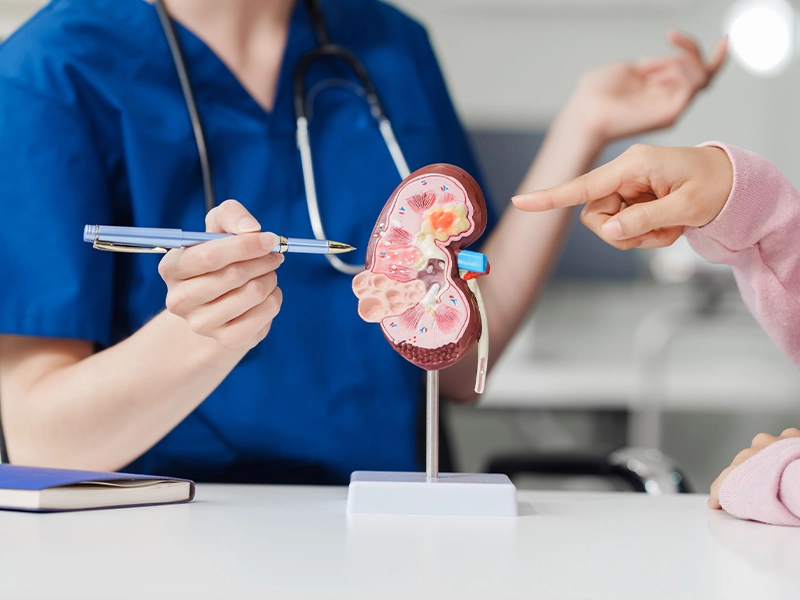
Independent Report – Chronic kidney disease (CKD) is a serious medical condition that occurs due to the gradual decline in kidney function. The kidneys play a vital role in filtering waste from the blood, and when their function is impaired, the body exhibits various symptoms, including those in the oral cavity. Manifestations in the oral cavity often serve as early warning signs that can help detect chronic kidney disease (CKD), especially in undiagnosed patients.
CKD is a condition in which the kidneys lose their ability to effectively filter and cleanse the blood. The causes of CKD vary, ranging from diabetes and hypertension to congenital kidney disorders. The accumulation of waste and toxins in the body caused by CKD affects not only internal organs but also has visible impacts on the oral cavity.
“Continue Reading: Healthy and Delicious Traditional Thai Foods”
In CKD patients, the buildup of urea in the blood can lead to a distinctive odor in the breath, known as uremic fetor. This smell resembles ammonia or urine and is difficult to eliminate, even with proper oral hygiene.
Kidney dysfunction often results in decreased saliva production, leading to dry mouth. This condition increases the risk of infections, mouth sores, and difficulties with speaking or swallowing.
The buildup of toxins in the body due to CKD often causes changes in taste, such as a metallic or bitter flavor that disrupts the patient’s appetite.
CKD patients frequently experience sores or ulcers in the oral cavity due to metabolic changes and weakened immune systems. These ulcers are often painful and interfere with daily activities.
The oral mucosa in CKD patients often appears pale or yellowish due to anemia or toxin buildup in the body.
CKD patients are more susceptible to gum disease and periodontal infections due to a weakened immune system and suboptimal oral conditions.
Oral cavity manifestations often serve as early indicators of more severe kidney problems. If you experience any of the symptoms mentioned above, particularly if accompanied by other signs such as chronic fatigue, nausea, vomiting, body swelling, reduced urine output, or changes in urine color, consult a doctor immediately.
Regularly brushing your teeth, using mouthwash, and cleaning your tongue can help reduce bad breath and lower the risk of infections.
CKD patients should undergo regular dental checkups to prevent oral cavity complications.
Controlling the primary causes of CKD, such as diabetes and hypertension, can slow the progression of the disease and alleviate oral symptoms.
“Read More: Essential Vitamins for Women, A Guide to Optimal Health at Every Stage of Life”